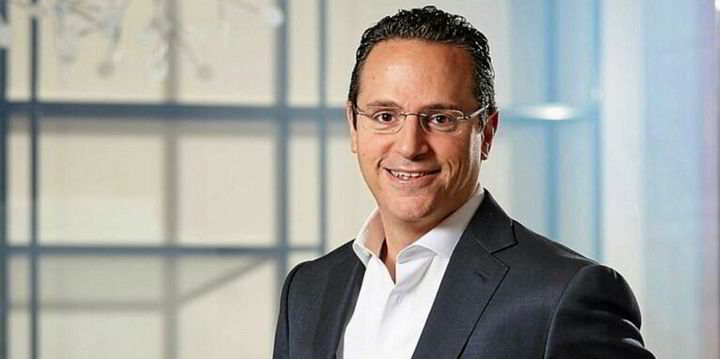Energy giant Shell has entered the Renewables for Subsea Power (RSP) collaborative initiative, which has been powering subsea equipment off the coast of Orkney, Scotland in the UK using a combination of wave power and subsea energy storage.
The £2 million ($2.7 million) demonstrator initiative, currently in its 12th month underwater, has connected the Blue X wave energy converter from Edinburgh-based company Mocean Energy with the Halo underwater battery storage system developed by Verlume, an Aberdeen-based intelligent energy management specialist.
Situated five kilometres east of Orkney mainland, the fully operational project aims to showcase how green technologies can be integrated to provide reliable, low-carbon power and communications to subsea equipment.
This offers a cost-effective alternative to carbon-intensive umbilical cables, which also have long lead times for procurement and installation.
Joining forces with Mocean Energy and Verlume, the UK energy heavyweight will collaborate with other industry players such as Baker Hughes, Serica Energy, Harbour Energy, Transmark Subsea, PTTEP, TotalEnergies, and the Net Zero Technology Centre.
The collaboration allows Shell access to all data and results from the ongoing test programme, along with a feasibility assessment for the potential use of RSP technology at a location of its choice.
Article continues below the advert
Ian Crossland, commercial director at Mocean said: “This new investment by Shell underscores the international interest in our pan-industry project and we look forward to working with them and exploring potential new applications for RSP’s combined technologies.”
The Orkney deployment represents the third phase of the RSP project. In 2021, the consortium invested £1.6 million in phase two, integrating core technologies in an onshore test environment at Verlume’s operations facility in Aberdeen.
That same year, Mocean’s Blue X prototype underwent rigorous at-sea testing at the European Marine Energy Centre’s Scapa Flow test site in Orkney, generating first power and collecting crucial data on machine performance and operation.
Verlume’s Halo, designed for the harsh subsea environment, reduces operational emissions and facilitates the use of renewable energy by providing a reliable, uninterrupted power supply. Its intelligent energy management system, Axonn, autonomously maximises available battery capacity in real-time, contributing to a sustainable energy future.

